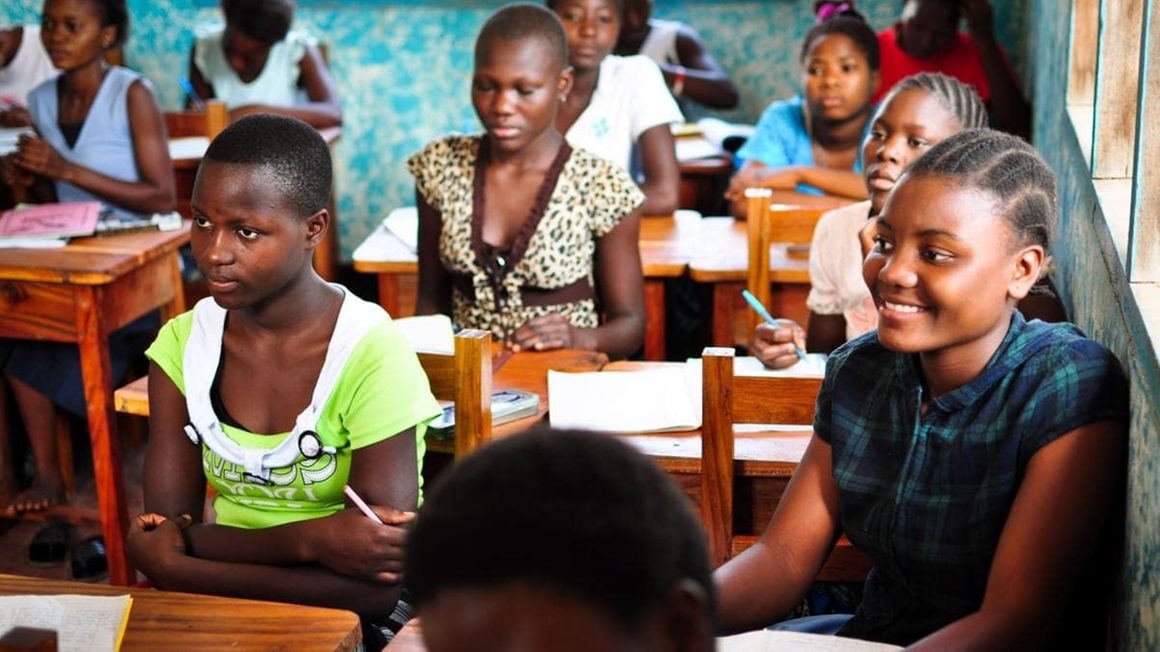
Out of the targeted 3,000 girls who dropped out of school due to pregnancy. PHOTO | COURTESY
Dar es Salaam. At least 1,200 of the 3,000 girls targeted for enrollment in this year’s academic calendar through the Secondary Education Quality Improvement Programme (Sequip) have already been enrolled, it has been revealed.
In early 2020, the World Bank finally approved the $500 million education loan that was delayed following pressure from civil society organisations which raised concern over schoolgirls’ education rights.
The global lender said that the education support would directly benefit about 6.5 million secondary school students (half of them girls) by strengthening government-run schools and establishing stronger educational pathways for students who drop from the formal school system.
Until yesterday, out of the targeted 3,000 girls who dropped out of school due to pregnancy and other reasons have already enrolled with the Institute of Adult Education which is one of the channels that were authorised take in such students under the project support.
Institute of Adult Education director Michael Ng’umbi said the Sequip-AEP project aimed at reaching girls between the ages of 13 and 21 who dropped out of secondary education for various reasons including poor living conditions, early marriage and getting pregnant.
He noted that the project aims to reach 12,000 students across the country over a five-year period (2021-2026) of project life under the same institute.
“Currently, the centres that will provide the education will be placed closer to the beneficiaries to reduce the cost of accessing the education and the project also provide training in the ICT system, with the aim being to enable them to enter the formal education system in the country after all,” he said.
Dr Ng’umbi also noted that the project was already involved in improving secondary education by improving the quality of education, improving the infrastructure and teaching environment as well as increasing the performance of the targeted students.
He said so far the leading regions for enrolment of these students are Coast, Western regions as well as Mwanza and Shinyanga, however, he promised to release a report on the evaluation of the number of students enrolled by January 5, 2022.
He said education was provided free of charge, urging participants to continue enrolling in large numbers with the aim of achieving the government’s target of enrolling 3,000 girls targeted by the project across the country this year.
According to the World Bank, Tanzania’s primary school enrolment stood at 8.3 million (2015) and increased to 10.1 million (2018). Tanzania’s secondary school enrolment was 1.8 million (2015) and increased to 2.2 million in 2018.
The chief lender indicates that at least 300,000 children were unable to start secondary education due to a lack of space over the past two years while over 60,000 children do drop out of lower secondary school, including 5,500 girls due to pregnancy, per year.
“Many students who drop out of school due to pregnancy want to return to school through adult education, so this project is very important despite the government allowing the group to enter the formal system,” said Dr Fumbuka Mshana.





No comments :
Post a Comment